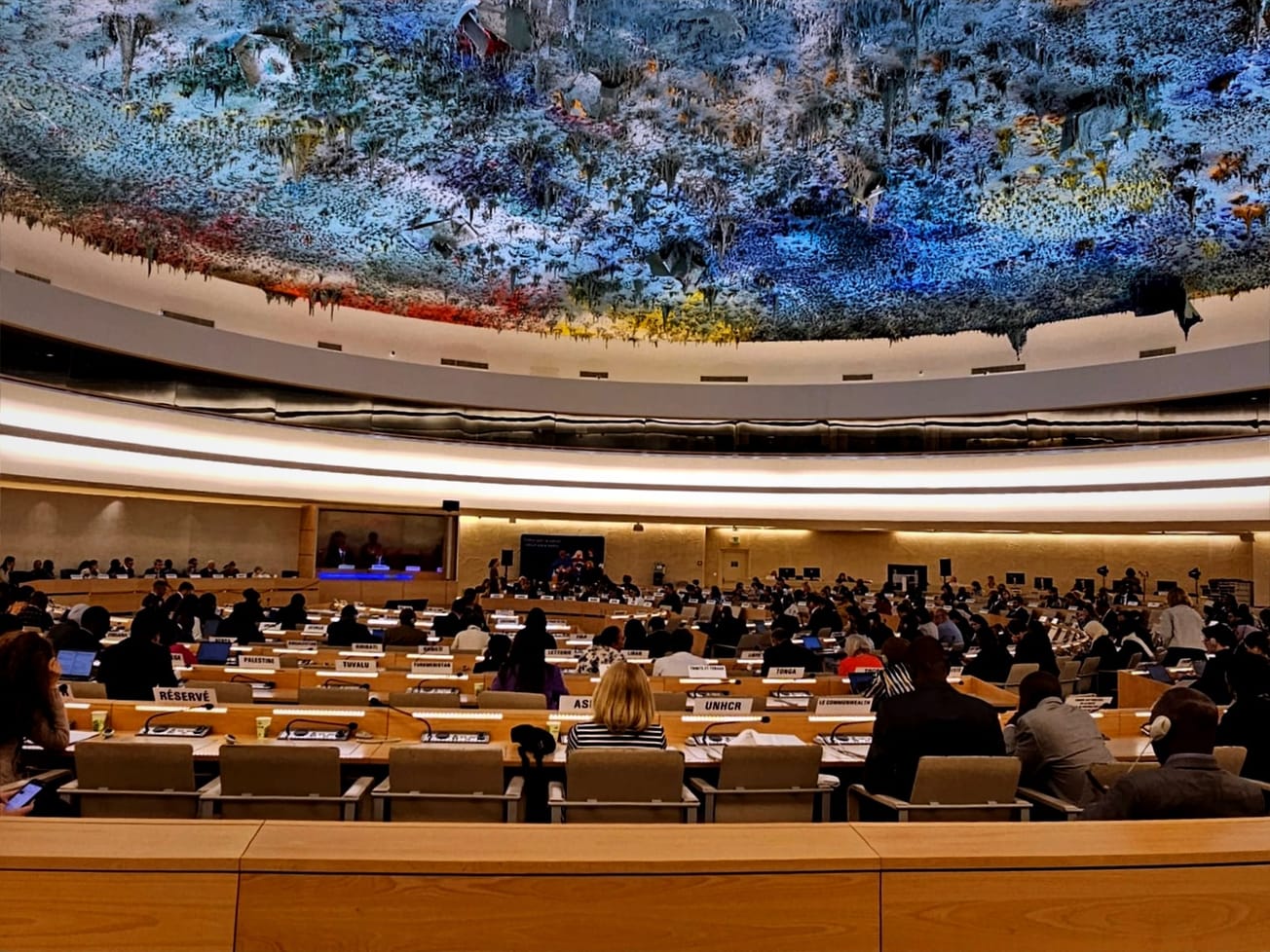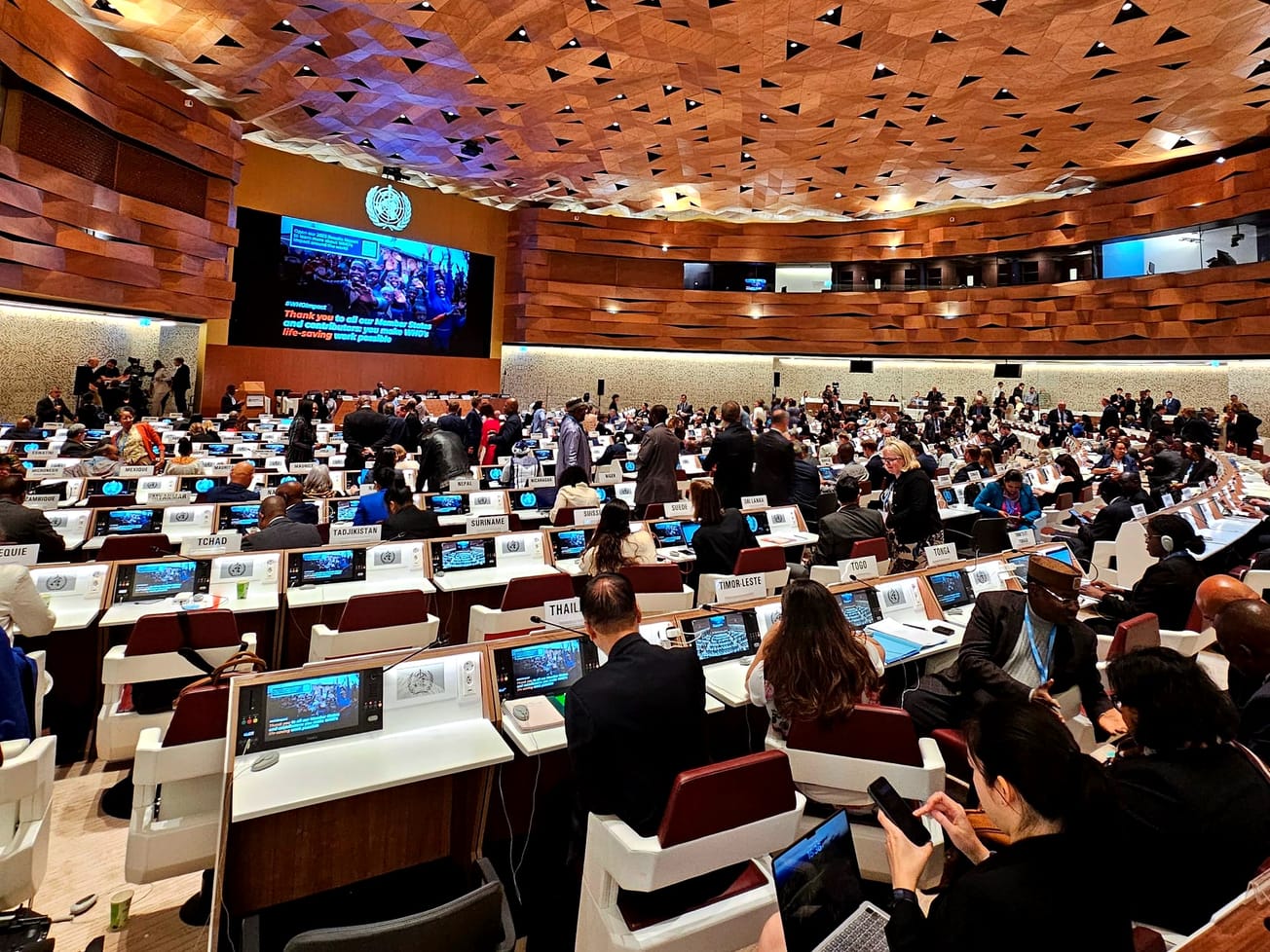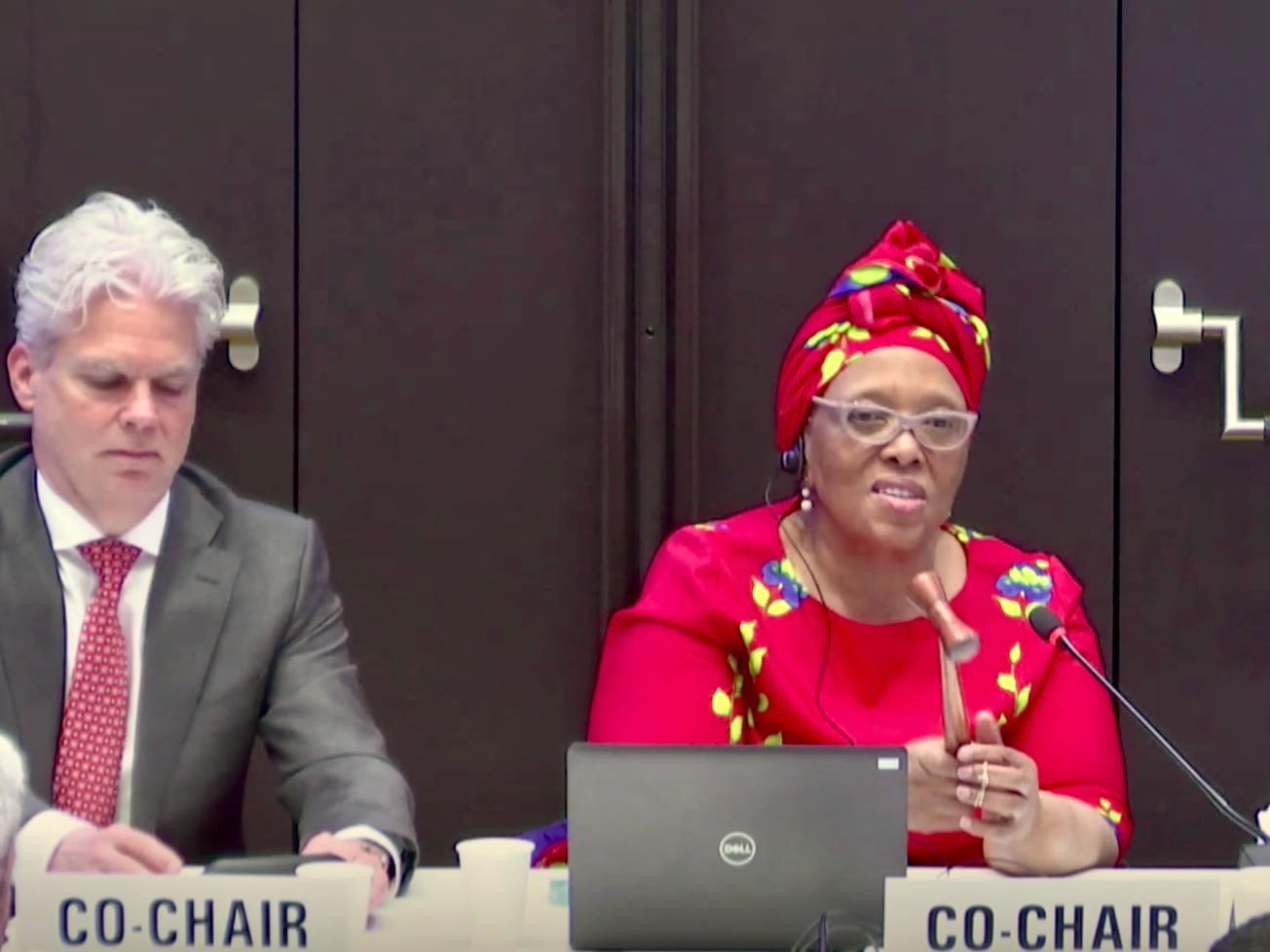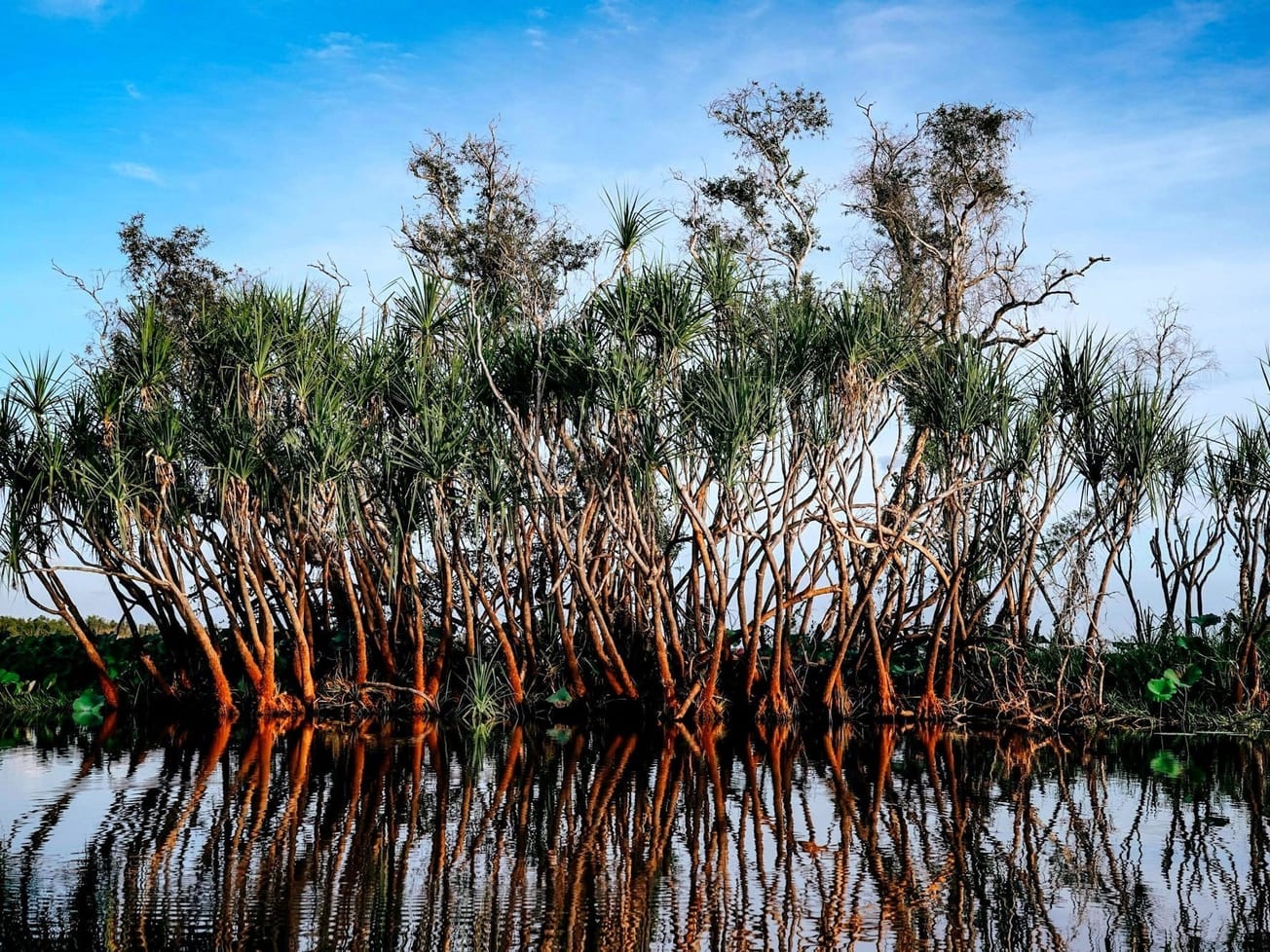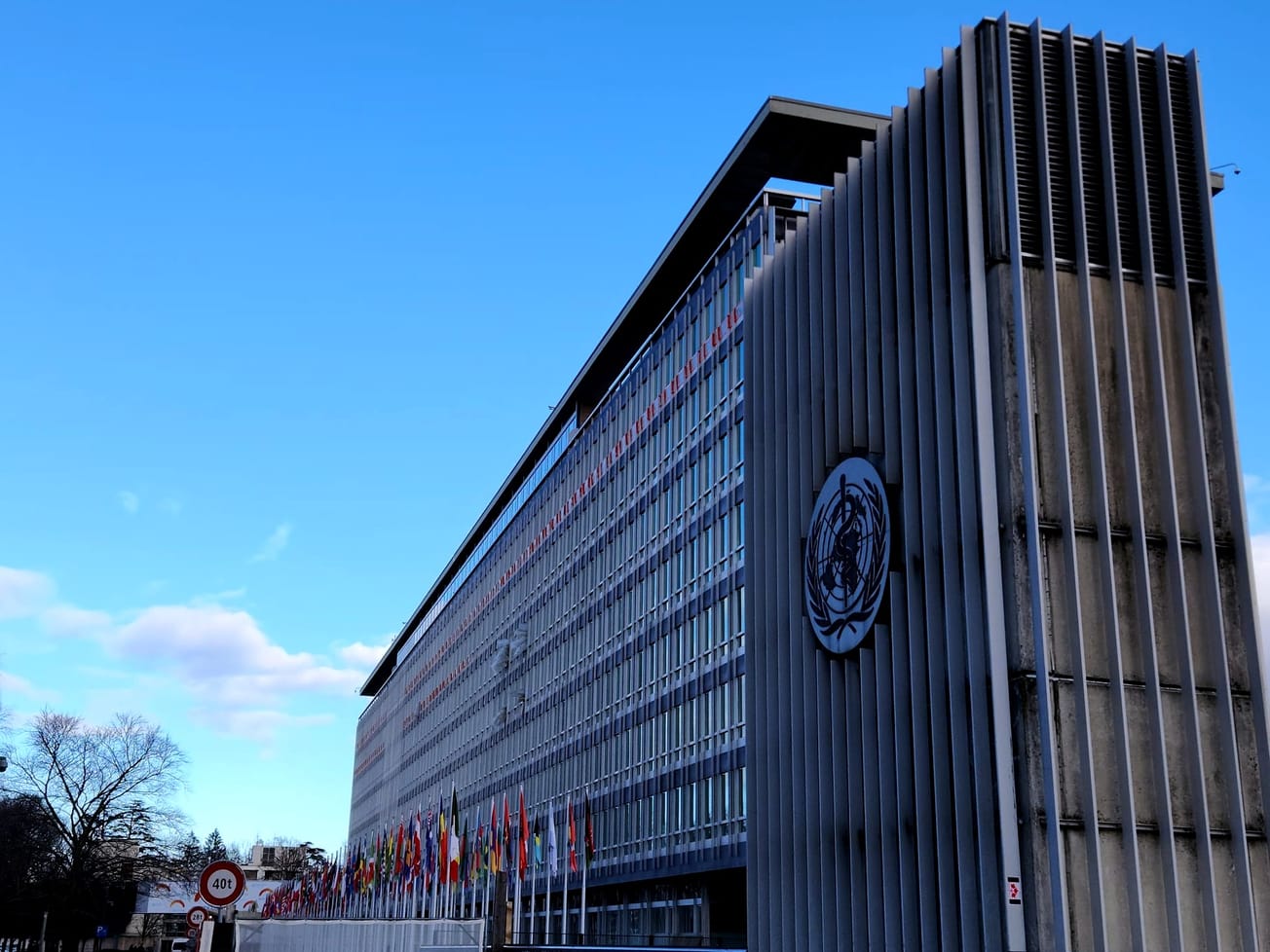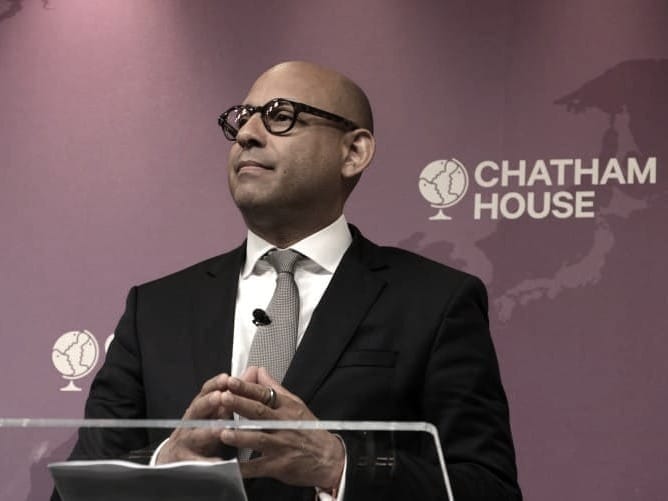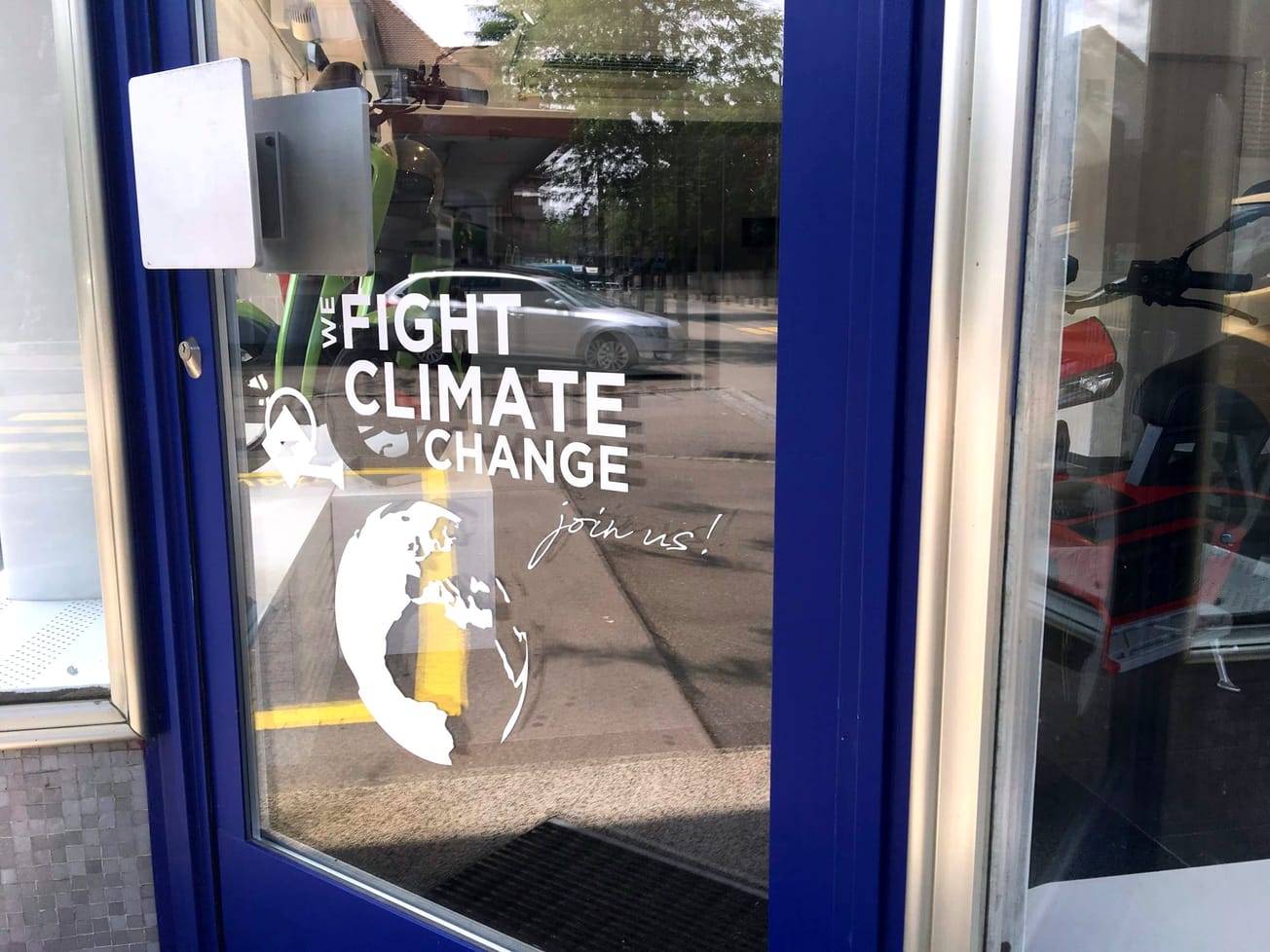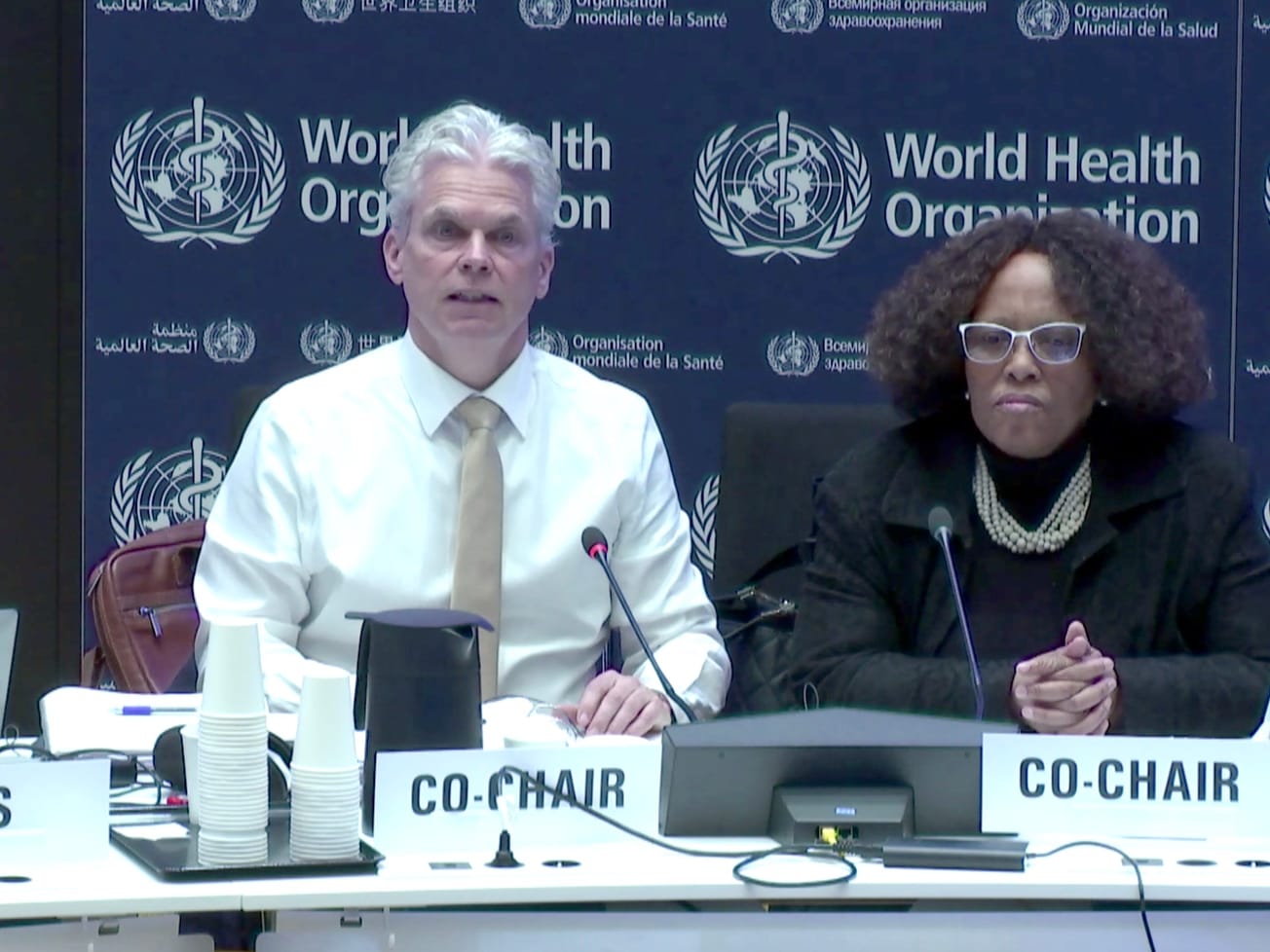
E.U. court rules commission must disclose vaccine contract details
The E.C. must disclose indemnity clauses protecting drugmakers and officials who negotiated contracts.
Our coverage of the growing convergence of climate and global health issues, including the latest news on the science, politics and economics that are behind it.

Already have an account? Log in
The E.C. must disclose indemnity clauses protecting drugmakers and officials who negotiated contracts.
A little known international organization is in charge of mediating U.S.-Mexico water sharing during a time of drought.
The highly contested law passed with 20 countries voting in favor, just above the 65% required for approval.
A study estimates the world's armed forces have a combined carbon footprint equal to 5.5% of global greenhouse gases.
The U.N. chief urges a tax on fossil fuel profits and ban on fossil fuel ads amid new climate reports of breaching 1.5°.
The World Health Assembly amended its International Health Regulations and prolonged treaty talks up to a year.
The U.N. health chief called the pandemic treaty 'a once-in-a-generation opportunity' to improve global health systems.
WHO leaders and diplomats signaled they'll push for next week's World Health Assembly to reauthorize another try.
Most research has focused on wealthier countries that have relatively low disease rates and access to quality heath care.
Mangrove ecosystems harbor fish and wildlife, protect against sea level rise, tides and storm surges, and store carbon.
From Gaza to the Philippines, unseasonal temps in parts of Asia shut schools, hurt crops and challenged refugee camps.
Negotiators had to juggle the promotion of health access and global equity with reaffirmation of nations' sovereignty.
Climate scientists have warned for decades about bleaching of coral reefs, which are nurseries for commercial fisheries.
This year and next mark the countdown to a 2025 deadline for governments to strengthen their carbon-cutting plans.
The France-based court was created to uphold the European Convention on Human Rights, which took effect in 1953.
Negotiators and officials aim to wrap up so that May's 77th World Health Assembly can consider a proposed text.




